BIZZARE TRADITION: Yulin dog meat festival
The Yulin Dog Meat Festival is an annual event held in Yulin, a city in the Guangxi Zhuang Autonomous Region of China. It typically takes place during the summer solstice and has been a subject of international controversy and horror due to its association with dog meat consumption. During the festival, thousands of dogs are slaughtered and consumed for their meat, with some estimates suggesting that tens of thousands of dogs are killed each year.
@We Animals Media
The practice of eating dog meat in China has a long history, particularly in certain regions, but the Yulin Dog Meat Festival has gained significant attention and criticism from animal rights activists and organizations worldwide. The horror surrounding the festival primarily stems from the conditions in which the dogs are kept and the methods of slaughter. Reports and undercover investigations have revealed that many of the dogs are kept in cramped and unhygienic cages, leading to extreme distress and suffering. Moreover, the killing methods used can be inhumane, causing significant pain and fear to the animals.
Animal rights activists, both within China and internationally, have been vocal in their opposition to the festival, calling for its abolishment and advocating for more compassionate treatment of animals. In response to public pressure and criticism, there have been efforts to discourage the festival and reduce its scale in recent years. However, despite these efforts, the festival continues to take place, and its existence remains a source of distress and concern for animal welfare advocates and many people worldwide. It's essential to note that while the Yulin Dog Meat Festival has drawn significant attention and criticism, not all Chinese people support or participate in this practice. There is a growing movement within China to promote animal welfare and enact laws to protect animals from cruelty. The festival itself represents a small part of the larger issue of animal welfare in the country, and many individuals and organizations are actively working to address and change these practices.
It is important to note that the information provided is based on reports and investigations in September 2021, and the situation may have changed since then. Additionally, due to the controversial nature of the festival, some details may vary depending on sources and perspectives, but the general flow of the festival is:
Sourcing the dogs: Before the festival, dogs are sourced from various places, including farms, illegal or unregulated dog traders, and even stolen pets. It's been reported that some of these dogs are strays, while others are bred specifically for the dog meat trade.
Transport and conditions: Dogs are transported to Yulin, often in overcrowded and unhygienic conditions, with their limbs tied across their backs and insulating strips over their muzzles, which in itself causes unbearable pain. The dogs stay like this for days before the start of the festival, without food and water.
Slaughter: Once in Yulin, the dogs are typically slaughtered on-site or at nearby facilities. The methods of slaughter have been a significant point of concern and controversy. Reports indicate that the dogs may be killed through various means, including beating, stabbing, throwing into boiling water, and boiling alive or less often electrocution. These methods even go beyond the limits of inhumanity, all for the sake of tradition.
Consumption: Dog meat is prepared and sold for consumption after slaughter. Dog meat dishes are served in various restaurants and street food stalls during the festival. Some believe that consuming dog meat during the festival brings good luck and health benefits, although these claims are not supported by scientific evidence.
@We Animals Media
It is important to reiterate that the Yulin Dog Meat Festival has faced widespread condemnation from animal rights activists and organizations around the world, as well as from many people in China itself. Concerns center on the inhumane treatment of dogs, the potential public health risks associated with the consumption of dog meat, and the ethical implications of killing and eating pets. In 2009, China amended its penal code to include provisions related to animal cruelty. According to Article 246, the intentional killing or torture of animals (including stray animals) can result in fines and imprisonment. The Act on the Protection of Domestic Animals passed in 2009 seeks to protect domestic animals and sets guidelines for their well-being. Includes provisions on animal husbandry, transport, and slaughter. However, it has been criticized for not sufficiently addressing the problem of animal cruelty in various industries, including the dog meat trade.
@We Animals Media
Despite the existence of these laws, challenges remain in terms of implementation and raising awareness of animal welfare issues in China. There is a growing awareness and interest in animal welfare among the Chinese public, and several animal welfare organizations and activists are working to improve the treatment of animals and advocate for stricter animal protection laws.
Also, although the festival in Yulin is the most famous and the largest festival where such inhumanities and bizarreness are practiced, it is important to note that, unfortunately, it is not the only one, and that similar events are also held in the territory of other Asian countries such as Thailand, Indonesia, Philippines, North Korea, Vietnam. In this regard, numerous organizations from the mentioned countries often buy dogs or even entire farms from farmers and dog thieves to save them, and one of the most famous such organizations is DMFI - Dog Meat-free Indonesia, which for years retroactively fought against this practice.



